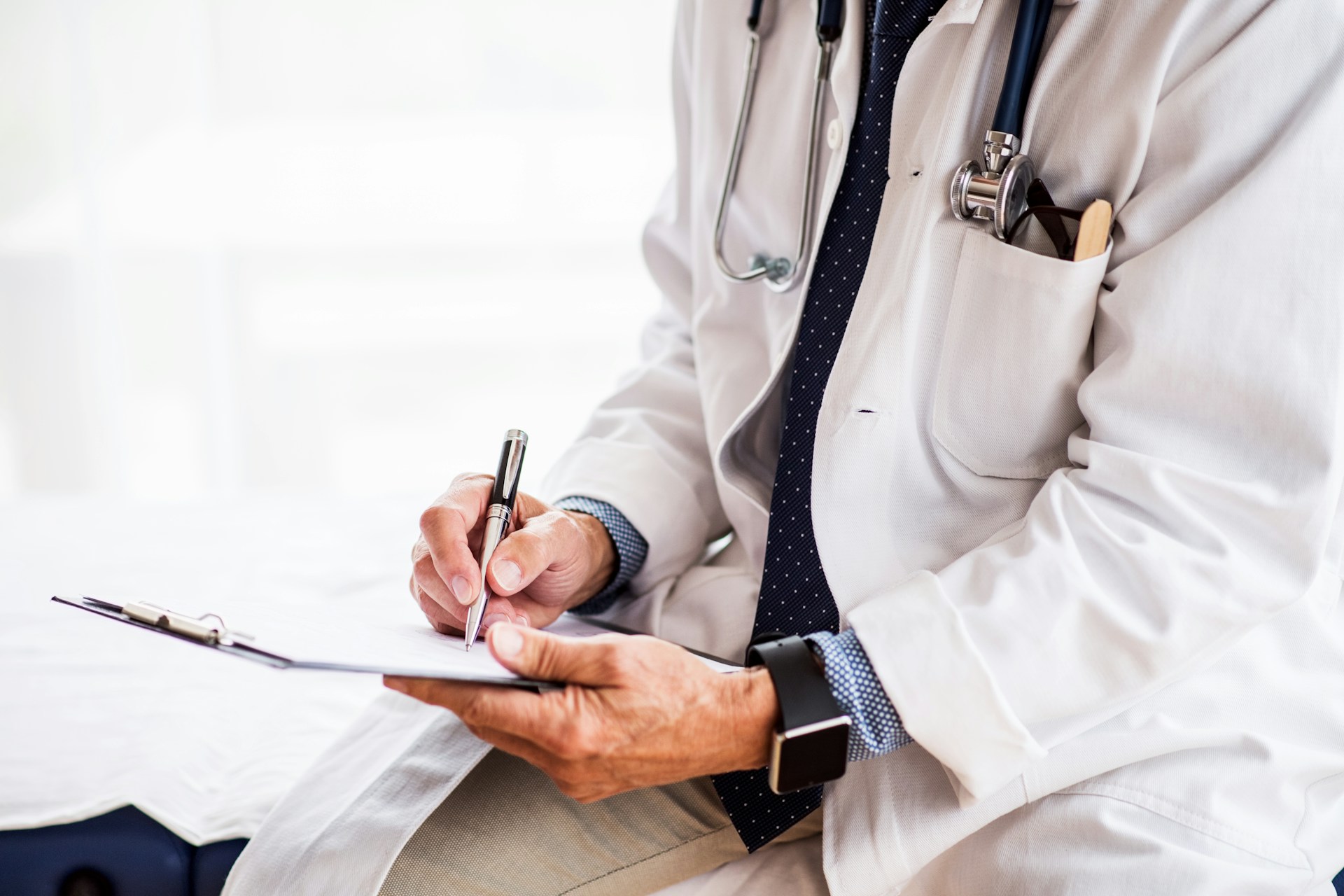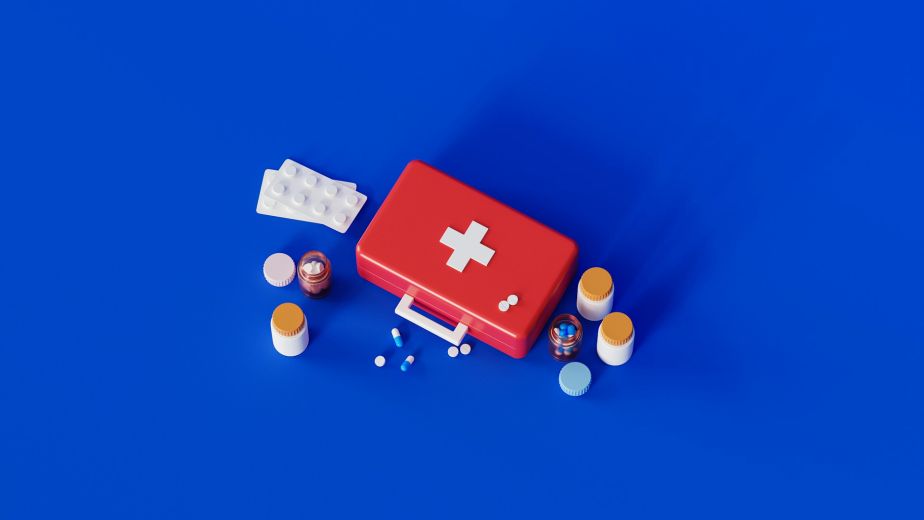Three a.m. Rural clinic. No backup for eighty miles.
The kid’s temperature hits 104.2°F and climbing. Strep throat that’s gone systemic—I can see it in the way his eyes track movement too slowly, the way his mother grips the edge of the exam table like she’s holding the world together. Standard protocol says amoxicillin, but this particular strain? Resistant. We knew that from the culture we’d run two days prior when the first-line treatment failed.
I reach for the ceftriaxone. Thank God we have it.
Here’s what haunts me: somewhere tonight, someone’s reaching into their emergency kit and pulling out fish antibiotics they bought online. Someone else is splitting leftover pills from their root canal last year. They think they’re prepared. They think they’re being smart.
They’re going to die if they’re not careful.
More than 39 million people could die from antibiotic-resistant infections between now and 2050. The Lancet: More than 39 million deaths from antibiotic-resistant infections estimated between now and 2050, suggests first global analysis | Institute for Health Metrics and Evaluation Let that sink in. That’s not from lack of antibiotics—it’s from the wrong ones, used the wrong way, creating superbugs that laugh at our best medicines.
(And before you ask—yes, I run Blackout Medical now. No, this isn’t just about selling kits. This is about watching too many people die from preventable stupidity.)
The Danger of Bad Information
In the preparedness world, misinformation doesn’t just waste your money. It kills you.
I’ve treated preppers who stored antibiotics for twenty years in their garage (heat destroys most medications within months). I’ve seen homesteaders who thought they could diagnose bacterial infections by symptom alone. Watched a father nearly lose his daughter because he gave her “fish mox” that turned out to be contaminated with heavy metals.
The internet’s full of dangerous half-truths about emergency antibiotics. Forums where people swap dosing advice like recipe tips. YouTube videos teaching you to “be your own doctor.” It’s Russian roulette with bacterial resistance as the bullet.
So let’s get something straight. Right now.
Myth #1: "Fish antibiotics are the same as human-grade"
God, this one.
Listen—I get the logic. The bottle says “amoxicillin 500mg.” Your prescription says “amoxicillin 500mg.” Same thing, right?
Wrong. Dead wrong. Potentially literally dead wrong.
Here’s what that forum post won’t tell you: veterinary antibiotics aren’t manufactured to human standards. The FDA doesn’t inspect these facilities for human safety protocols. That “amoxicillin” might be 500mg… or 300mg… or 700mg. The binding agents? Designed for fish metabolism, not yours. The contamination standards? Let’s just say heavy metals that won’t hurt a goldfish can destroy your kidneys.
I had a patient—smart guy, engineer—who took fish antibiotics for a tooth abscess. Seemed to work at first. Then his liver enzymes spiked. Turns out the “pure” amoxicillin he’d bought contained industrial-grade fillers that accumulated in his hepatic tissue. Six weeks in the ICU. Permanent damage.
(Still think you’re saving money?)
Myth #2: "You can just use leftover antibiotics"
Ah yes. The medicine cabinet pharmacy.
You stopped taking those antibiotics when you felt better, right? Still got eight pills left from that sinus infection. Perfect for the apocalypse.
Except—no. Those leftover pills? They’re leftover because you didn’t complete your course, which means you potentially created resistant bacteria in your own body. Now you’re going to take a partial dose of an antibiotic that already failed to completely eliminate an infection?
That’s not treatment. That’s bacterial training camp.
Plus—and this is what really gets me—antibiotics are specific. Ridiculously specific. The ciprofloxacin that cleared your UTI? Useless against strep throat. Might actually make it worse by killing off competitive bacteria and letting the strep run wild.
... The sudden thought that keeps me up
In the U.S., more than 2.8 million antimicrobial-resistant infections occur each year. More than 35,000 people die as a result. Antimicrobial Resistance Facts and Stats | Antimicrobial Resistance | CDC These aren’t abstract numbers. These are people who thought they were being smart, thought they were prepared, thought they knew better than the system.
The system’s broken, sure. But that doesn’t mean the biology is negotiable.
Myth #3: "Any antibiotic will work for any infection"
This is the one that actually makes me angry.
Had a patient once—outdoorsman type, very self-reliant—who developed cellulitis after a climbing accident. Pulled out his emergency doxycycline. “It’s a broad-spectrum antibiotic,” he said. “Covers everything.”
Except cellulitis is usually Staph or Strep. Doxycycline? Wrong drug entirely. By the time he came in, the infection had spread to his bloodstream. Sepsis. ICU. Nearly lost his leg.
Antibiotics aren’t like Tylenol—you can’t just pop one and hope for the best. Gram-positive bacteria need different drugs than gram-negative. Anaerobes laugh at medications that destroy aerobes. Some antibiotics concentrate in urine, others in lung tissue, others barely leave the gut.
(You starting to see why “fish mox for everything” is insane?)
Actually, scratch that entire myth
Here’s the real myth: that you can diagnose and treat bacterial infections without medical training. You can’t. Full stop.
Is that fever bacterial or viral? Is that cough pneumonia or bronchitis? Community-acquired or atypical? MRSA or MSSA?
You. Don’t. Know.
And if you don’t know, you’re guessing. And if you’re guessing with antibiotics, you’re creating resistance.
The Blackout Medical Standard
(Okay, here’s where I talk about what we do. Feel free to skip if you think I’m just selling. But maybe… maybe read it anyway.)
We eliminate the guesswork. Completely.
Every Blackout Medical kit contains FDA-approved, human-grade antibiotics from licensed U.S. pharmacies. Not veterinary suppliers. Not sketchy overseas manufacturers. The same medications I’d pull from a hospital formulary.
But here’s what really matters: these aren’t random antibiotics. A board-certified physician reviews your medical history, evaluates your specific risks, and prescribes a customized selection. Different antibiotics for different infection types. Clear instructions for when to use each one. Dosing guides that account for resistance patterns.
No guessing. No gambling. No creating superbugs in your bathroom.
Think about that 3 a.m. scenario I started with. When your kid’s burning up, when the nearest hospital is hours away, when every minute counts—you want medicine that works. Not fish pills. Not expired leftovers. Not something you bought from a Facebook ad.
Real medicine. Prescribed by real doctors. For real emergencies.
Look, I get it
You don’t trust the system. Neither do I, entirely.
You want to be self-sufficient. So do I.
You’re worried about collapse scenarios where pharmacies don’t exist. Me too.
But biology doesn’t care about your politics. Bacteria don’t respect your independence. When nearly 40 million people are projected to die from antibiotic resistance in the next 25 years The Lancet: More than 39 million deaths from antibiotic-resistant infections estimated between now and 2050, suggests first global analysis | Institute for Health Metrics and Evaluation, that’s not a failure of self-reliance—it’s a failure to respect the enemy we’re fighting.
These aren’t viruses you can wait out. They’re not injuries you can bandage. They’re living organisms that evolve in real-time, that share resistance genes like trading cards, that have been perfecting their survival strategies for billions of years.
You want to fight that with fish pills?
One more story
(Last one, I promise.)
Hurricane Maria. Puerto Rico. No power, no water, no functioning hospitals for weeks.
I was there with a medical relief team. Saw a diabetic woman with a foot infection that would’ve been trivial to treat in normal times. But the only antibiotics available were random donations—expired, inappropriate, some straight-up counterfeit.
We tried everything. Seven different antibiotics, each one a desperate guess.
She died on day twelve.
In my pack? I had a Blackout Medical kit. Prescribed for me, perfectly preserved, containing exactly the antibiotic she needed. But I couldn’t give it to her—wrong person, wrong prescription, legal and ethical violations that would’ve ended my career.
That’s when I decided to start this company. Because preparedness without medical validity isn’t preparedness—it’s a comfortable lie we tell ourselves.
The uncomfortable truth about all of this
I’m tired.
Not physically. Emotionally. Tired of watching people die from preventable infections. Tired of the mythology around antibiotics. Tired of libertarian forums telling people to be their own doctor while bacterial resistance claims 1.27 million global deaths Antimicrobial resistance directly, every single year.
You know what real preparedness looks like? It’s boring. It’s getting a proper prescription. It’s storing medications correctly. It’s knowing when NOT to use antibiotics. It’s admitting that some expertise can’t be YouTubed.
It’s understanding that independence doesn’t mean ignorance.
We built Blackout Medical because someone had to bridge this gap. Between the medical establishment that assumes you’ll always have access to care, and the prepper community that assumes you can figure it out yourself. Both are wrong. Both get people killed.
So here’s my offer—no, my plea:
Stop gambling with fish antibiotics. Stop hoarding expired medications. Stop pretending you can diagnose bacterial infections by symptom.
Get a real kit. From us, from somewhere else, I don’t care. But get real, prescribed, human-grade antibiotics. Store them properly. Learn when to use them. Learn when NOT to use them.
Because when that 3 a.m. moment comes—and it will come—you want medicine, not mythology.
Your life depends on knowing the difference.
Dr. Ben and his team run Blackout Medical because he got tired of treating preventable disasters. Get a physician-prescribed emergency antibiotic kit at blackoutmedical.com. Or don’t. But whatever you do, stop taking fish pills.





